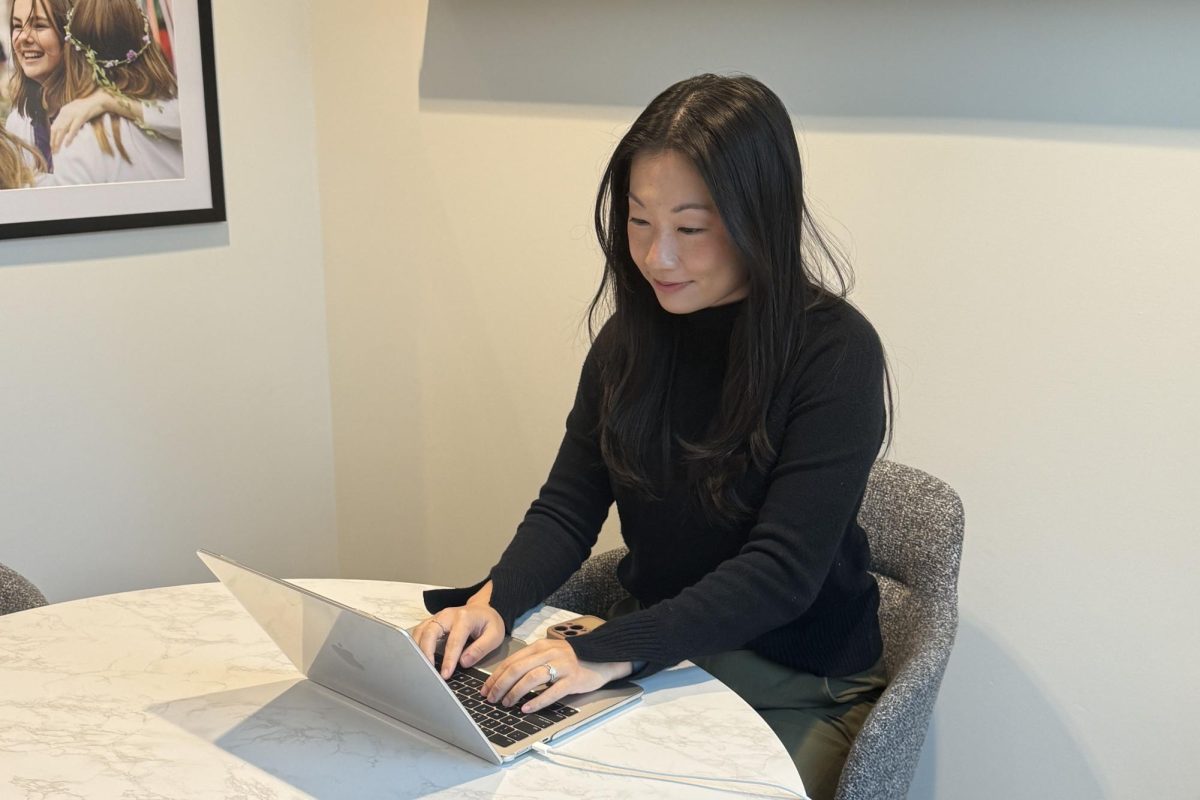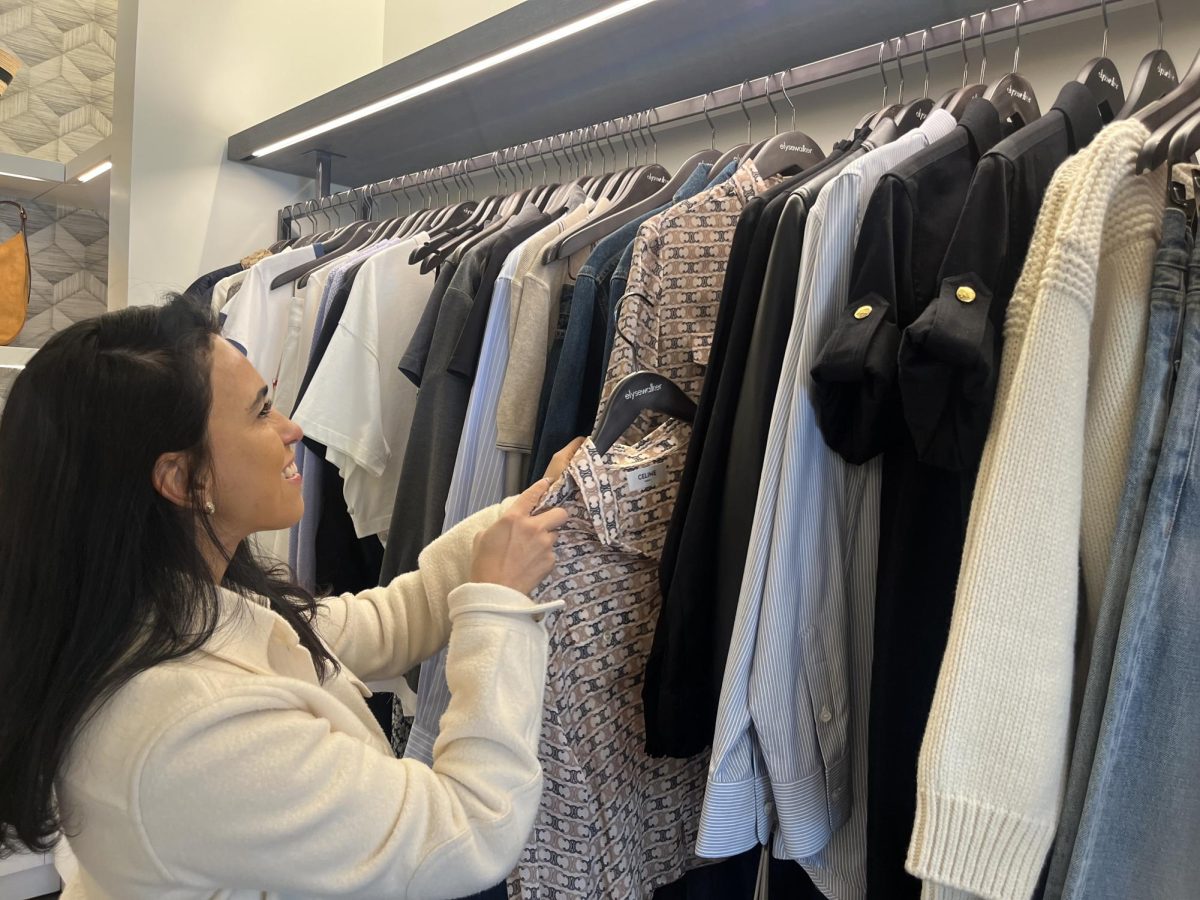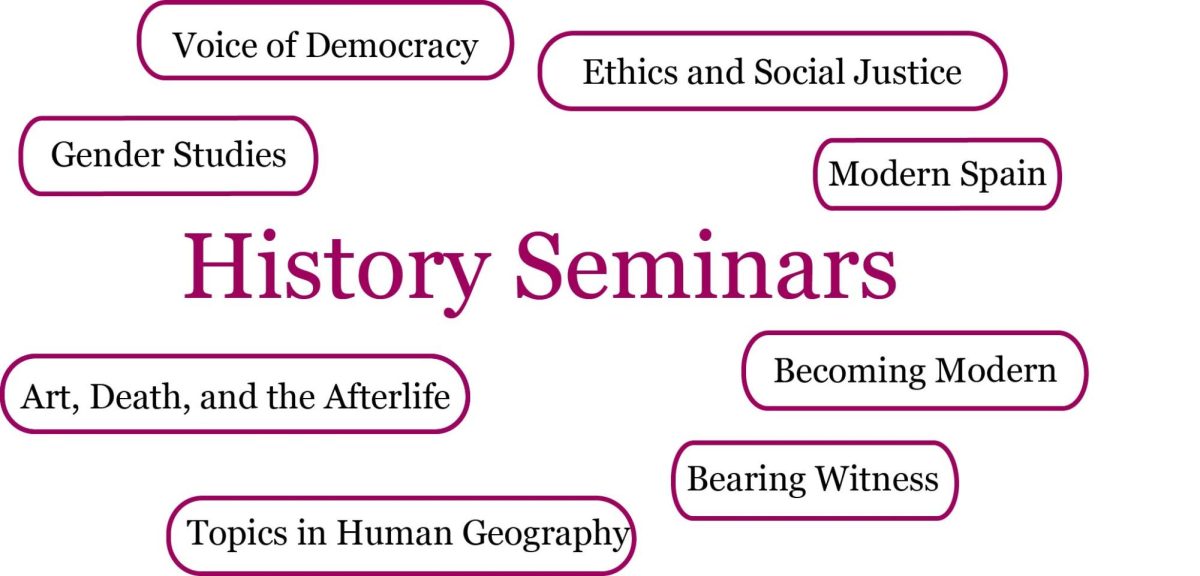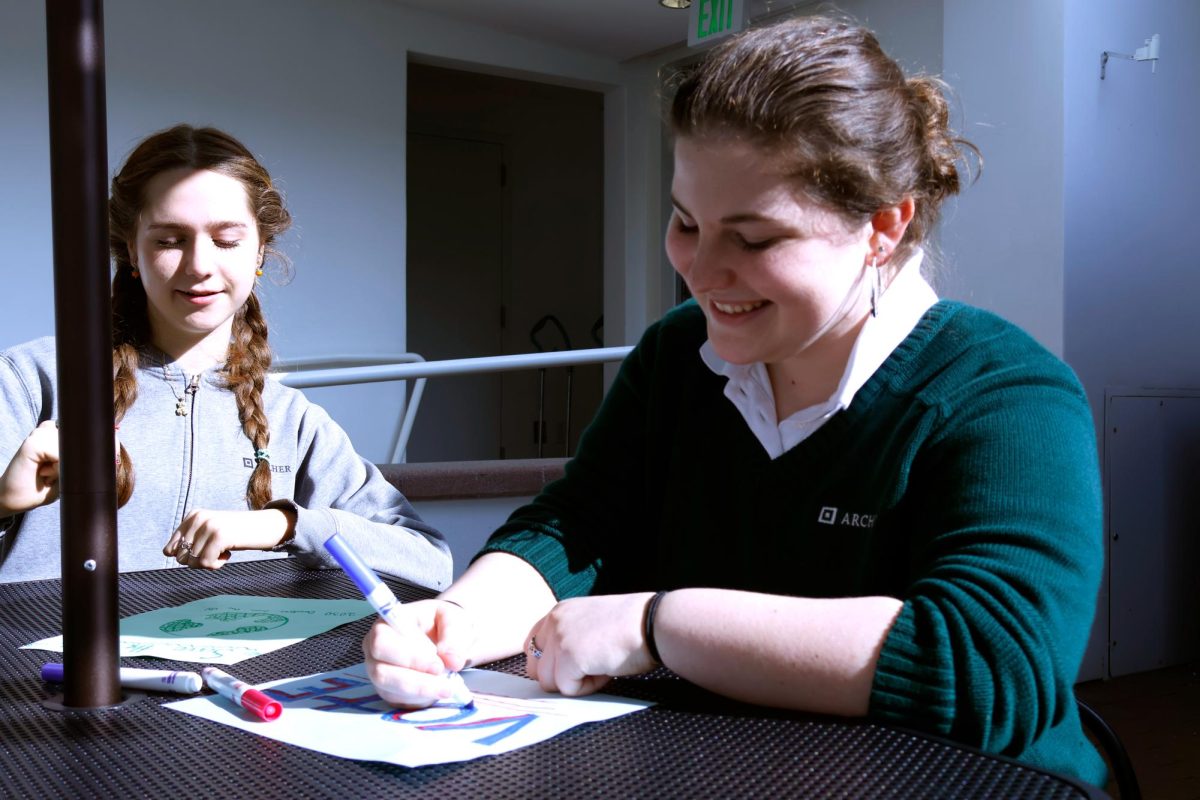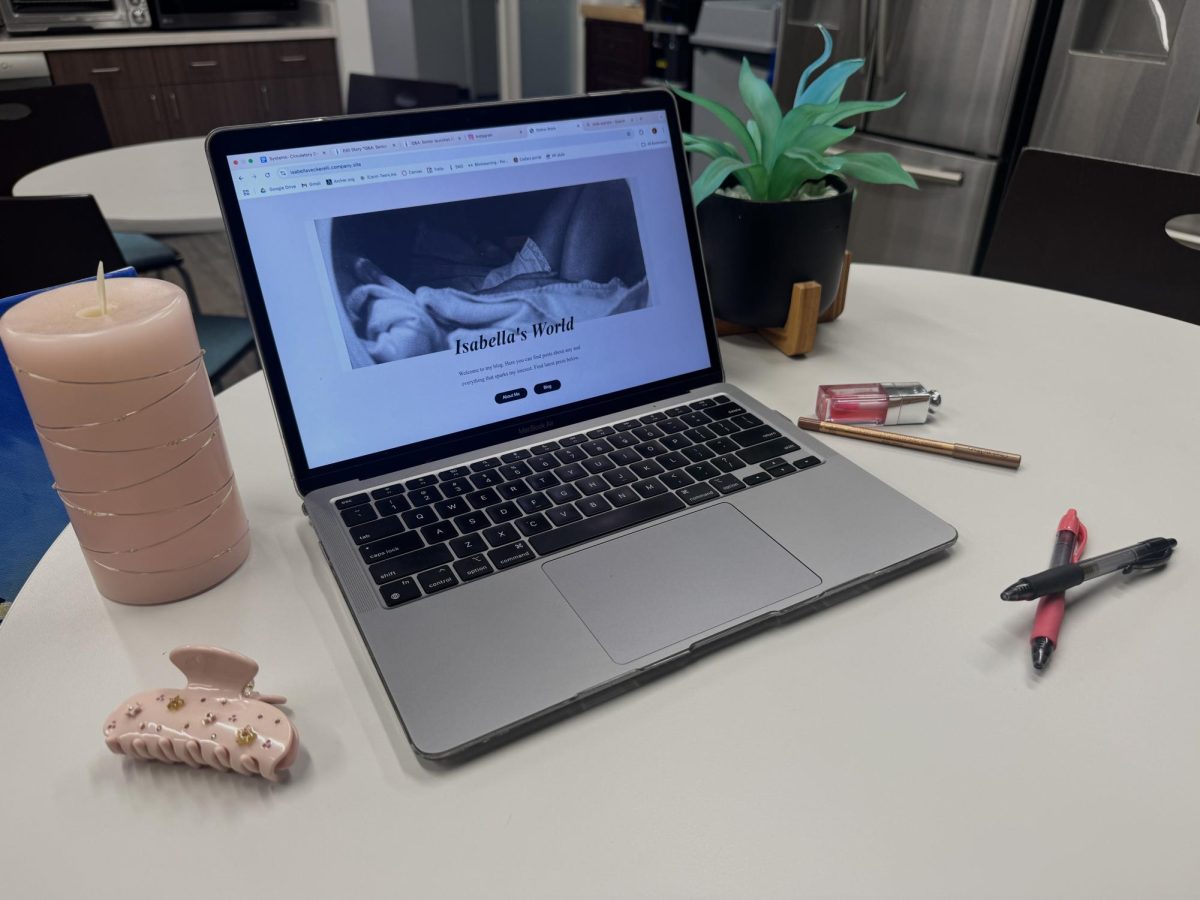Navigating the college process can be very daunting, but meeting with one of Archer’s two college counselors, who work with students to draft essays, resumes and applications, can help make the experience smoother. Counselors start working with students second semester of 11th grade in human development classes, and they also offer optional lunch and learn sessions for all upper schoolers.
The Oracle sat down with Archer’s newest member of the college guidance team, Associate Director of College Guidance Shalyn Tharayil, to discuss her experience with the college admissions process, counseling and how she aims to best supports upperclassmen.
What is your background in education or college guidance?
Shalyn Tharayil [ST]: This is my 10th year as a college counselor. So I went to UCLA, and USC is where I got my master’s in counseling, and I started off woking in Los Angeles for the first five years of my career as actually a holistic counselor doing academic and personal counseling as well as college counseling … So just before the pandemic hit, I worked at international schools in both Hong Kong and Dubai, and I was doing college counseling there. That was great because I was brought on as the U.S. admissions expert; I learned a lot about how admissions works in the U.K., Canada and Netherlands — all over the world, and it’s very different than America … I did that for four years and then came back here. Outside of that, I’ve also worked at UCLA — I did reading admissions reading for them, so I did that for about three years.
Did you have a college admissions experience when you were in high school, and did that make you feel, “I want to do this?”
[ST]: I think that I like this job a lot because I didn’t ever have this guidance when I was younger, and I think that I would have done college very differently, in the sense that I was a first-generation student, so neither my parents went to college in America, so no one really knew how to navigate the process. And I just always thought, “As long as you get into college, you’re fine.” So once I got to college, I really didn’t know anything about internships or office hours or what to do when I was there, even how to find a college or a major that was a good fit for me. So I think that was what motivated me to want to go into this field. Also, I knew I wanted to work with kids in some capacity. I initially thought about teaching, but the more I explored it, I realized I really liked the conversations and the one-on-one connections that come with counseling, so I liked that better than the classroom management piece of it.
What is it that you hope that they got from having this time with you or their just general college admissions experience?
[ST]: I think that it can actually be a really fun process if you reframe it. Oftentimes, people get stressed out because it feels like this process where you’re being judged or there’s a fear of being rejected by a college. I think that a lot of the process and putting together an application is very, very introspective. It’s the first time in your life that you’re being asked, “How have you grown as a person? What are the things about yourself that you’re proud of? What were moments that were hard?” You just sit and really think and answer these deep questions. And I think that a lot of students say that they learned a lot about themselves at the end of the process, which I think is really fulfilling, and hopefully, I think, for us, our biggest goal is that you feel supported through it. Then, if emotions do come up, we can help you process them and figure out what they mean.
Could you describe an experience where you got to see a student succeed or a growth moment for them and how did that make you feel? How did that make them feel?
[ST]: I think a lot of that, sometimes with essay writing, is where you see the most growth because it takes a lot of drafts, and it’s hard. Some of the questions that they ask you — they’re just such big questions … witnessing students initially feel, “Oh, I don’t really have anything to write about,” and so then when they share their stories with me, what I love to do is I’ll just start asking random questions and start taking notes as [they] talk. And then if I see patterns or themes emerging … “How did this moment make you feel?” Or, “Did you grow in this way?” And then seeing them almost be able to give themselves more credit is always really nice. I’ve had some students that really at the start struggled with their essay and felt like it wasn’t them and, by the end of it, put together something that was completely their own work, but it just took a few reiterations of it. That was just really beautiful. I think it helps them feel really proud of themselves too.




